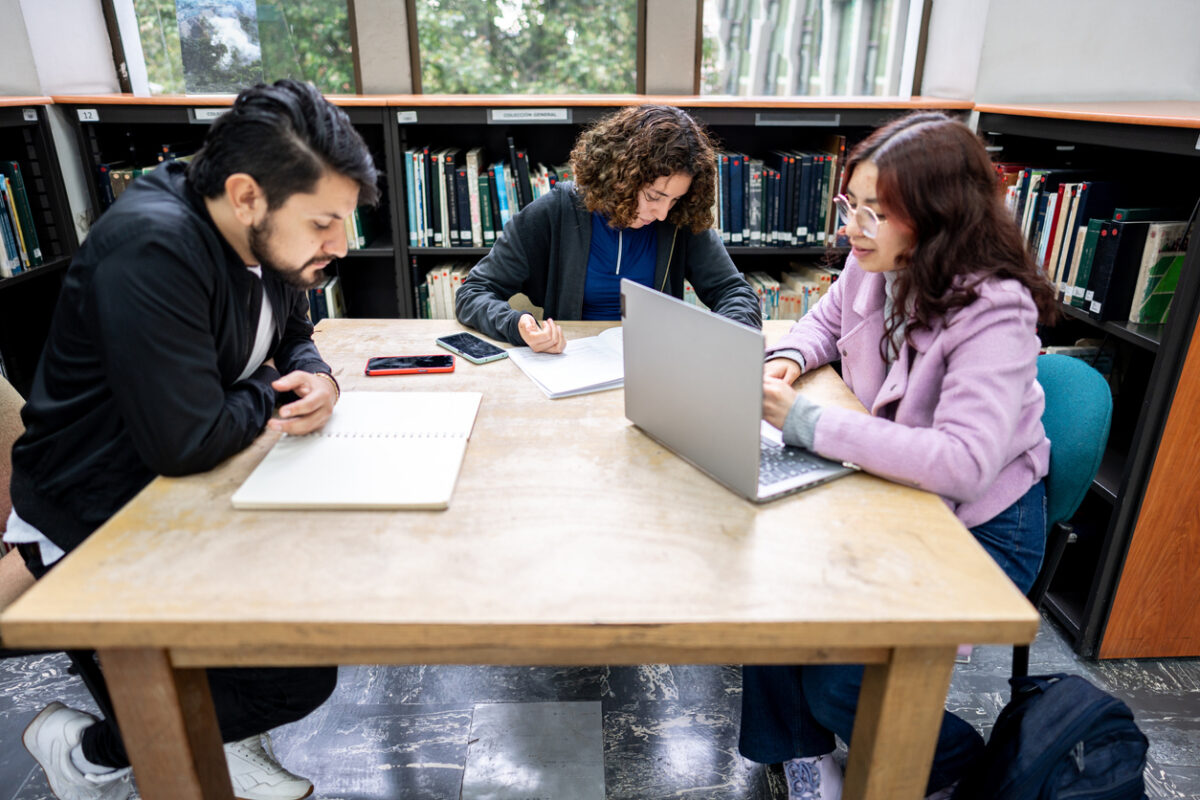Reclaiming Degrees, Restoring Opportunity: A Student-Centric Policy Idea
Published Jul 24, 2018
Good policy creates the conditions in which all people and communities can thrive. Good higher education policy creates the conditions that help all hardworking students succeed, regardless of race, ethnicity or socioeconomic status. Put simply, good higher education policy puts students first. These policies include investments in targeted need-based aid, supports for working students and students caring for families, and an unending commitment to degree-completion. And notably, given the unique challenges faced by today’s students, these policies ensure that institutions are both student-ready andstudent-centric.
Our nation’s higher education policies must be designed in ways that are attentive to the needs of today’s students—many of whom face different realities and challenges than students who attended 15 to 20 years ago—and actively support those students.
Increasingly, many students balance the rigors of college courses with full- and part-time work, family obligations and other personal commitments. Many persist in their pursuit of a degree or credential. Why? Because, pursuing and completing a college education remains the most reliable pathway to upward mobility and economic security. As these students, working professionals and parents earn high-quality degrees they experience increased economic independence and mobility, thereby strengthening their communities.
Sadly, however, even as college access expands, student success is still not equally distributed. Many students press pause or stop-out. Among our nation’s first-time students seeking a four-year degree and attending full-time, only 60 percent will complete their studies in six years.[1] Today, though students of all races and ethnicities are attending college at higher rates, low-income and working-class students still fare worse than their peers. Low-income students still go to college at lower rates than high-income students did more than 40 years ago.[2] And people of color are far less likely than whites to attain a college degree.
The lived experiences of students, alongside financial and academic barriers, also affect completion. The harsh realities of systemic inequality, institutionalized racism, and discrimination persist in our communities and for students, including the recent example of a black Yale University student who was recently questioned by police for resting in her dormitory common room.
These persistent disparities in educational attainment exacerbate income stratification and stymie increased economic mobility among those with the fewest resources. This environment, in turn, undermines policymakers’ efforts to foster strong communities in which all people can thrive.
One way to reduce these achievement gaps is to engage former students who have already made progress toward the degree and help them overcome the barriers they encountered as students. The Institute for Higher Education Policy (IHEP) champions for student-centered policies and practices that increase college access and success for all students, especially historically underrepresented populations. IHEP is supporting an approach we call degree reclamation – a combination of evidence-based and equity-focused strategies designed to help institutions reengage stopped-out students and support renewed efforts to complete their studies. This fall, we’ll launch an initiative to scale this approach nationwide. This is just one student-centric policy solution that reflects a commitment to helping students succeed in higher education.
The promise of higher education is truly fulfilled when all students who begin the task of earning a degree successfully complete the journey. America’s colleges are among the best in the world. They are catalysts for not simply an individual’s transformation, but the transformation of our nation’s communities as well. Policy solutions that put students first are our best chance at helping colleges fulfill this potential.
Michelle Asha Cooper, Ph.D. is the president of the Institute for Higher Education Policy.


